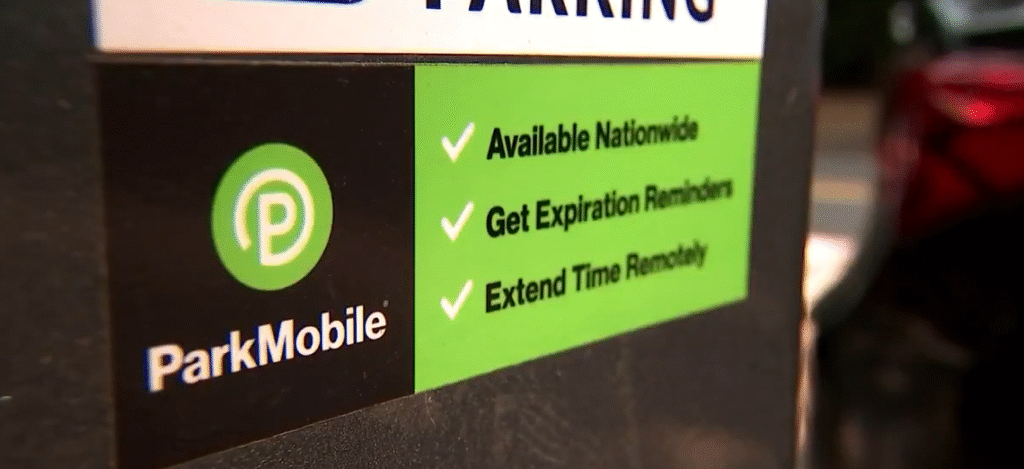The ParkMobile settlement became a landmark case because it exposed the extent to which personal information is ingrained in everyday convenience, not because of the size of the payout. A routine parking app became a case study in digital trust when the 2021 breach exposed millions of people’s license plates, email addresses, and hashed passwords. The $32.8 million settlement illustrates accountability as well as the limitations of compensation in the digital age, despite its apparent significance.
The irony was especially sharp for many. An app that was supposed to save time at the meter instead caused users’ peace of mind to be lost. The options available to eligible claimants were to accept a $1 app credit or up to $25 in cash. Though it was only partially reassuring to users who were concerned about the way their data might spread, this simple solution was remarkably effective at making headlines. An industry-wide reality was brought to light by the settlement: businesses now value information more than the services they offer.
During the March 13, 2025, final hearing, responsibility was stressed without blaming anyone. Although it was a very clear legal stance, ParkMobile’s admission of no wrongdoing was frustrating to many impacted. A significantly better strategy that goes beyond compensation, however, was the court’s requirement of $2.5 million in remedial cybersecurity measures. It represents an increasing understanding that settlements need to change practices rather than just settle conflicts.
ParkMobile Settlement Information
| Case Name | Baker, et al. v. ParkMobile, LLC |
|---|---|
| Court | U.S. District Court, Northern District of Georgia |
| Incident | March 2021 Data Breach |
| Users Affected | Approximately 21 million |
| Settlement Amount | $32.8 million |
| Claim Deadline | March 5, 2025 |
| Final Approval Hearing | March 13, 2025 |
| Compensation | Up to $25 cash or $1 in-app credit |
| Payment Timeline | Expected in 2026 |
| Settlement Website | ParkMobile Settlement |

Analysts have quickly drawn parallels between this case and the more recent T-Mobile hack and Equifax’s huge 2017 settlement. Cash awards from those events also felt surprisingly affordable for corporations, but not enough for individuals. The way these settlements shaped public expectations is what unites them. Breach incidents have evolved over the last ten years from startling outliers to frequent occurrences, and every payout contributes to a new definition of justice in cases of digital harm.
However, ParkMobile’s case resonates differently due to its everydayness. Although parking apps aren’t very glamorous, they have the same security flaws as social media or financial websites. Even the most routine services can unintentionally put millions of people at risk, as this hack demonstrated. Customers were reminded by the incident that data is always more vulnerable than it seems, and businesses were reminded that cybersecurity is a foundation, not an add-on.
Context is enhanced by cultural allusions. Consumers now demand control over their personal data, much like Taylor Swift battled for masters’ ownership to recover control of her work. Despite businesses’ continued undervaluation, privacy is increasingly seen as a valuable asset by society. In a similar vein, regular users now realize that minor security breaches can have long-term repercussions, much like celebrities do when their careers are dramatically altered by intimate leaks.
The gradual pace of justice is mirrored in the timeline itself. Notification of the breach was made in 2021, legal action continued until 2024, the claim period ended in March 2025, and payments are not anticipated until 2026. This delay is especially upsetting for victims, underscoring the fact that legal remedies are much slower than technological harms. Nevertheless, when viewed in a larger context, the settlement is a step forward—a group triumph that was highly adaptable in demonstrating how millions of people can demand truth.
The small payouts also highlight a crucial aspect of group effort. A compromised license plate number would not likely lead to litigation, but collectively they generated a $32.8 million response. This extremely effective use of class-action law is an example of a new social tool: people combining their complaints to pressure businesses to acknowledge them. It has become the equivalent of striking in the digital economy, but in courtrooms instead of factories.
In a larger sense, the settlement reaffirms the connection between corporate reputation and data security. An incident that was once dismissed as a technical glitch is now remembered by consumers, investors, and headlines. In addition to profits, businesses will be evaluated in the upcoming years on how quickly they address data threats, how openly they communicate, and how creatively they restore confidence.
People now believe that dignity and privacy are inextricably linked, marking a sea change in society. The ParkMobile case demonstrates that security lapses are not impersonal but rather affect each driver who has ever used the app. When viewed in this light, the settlement transcends its monetary result and becomes a cultural symbol of the accountability, openness, and prevention that consumers now seek.

